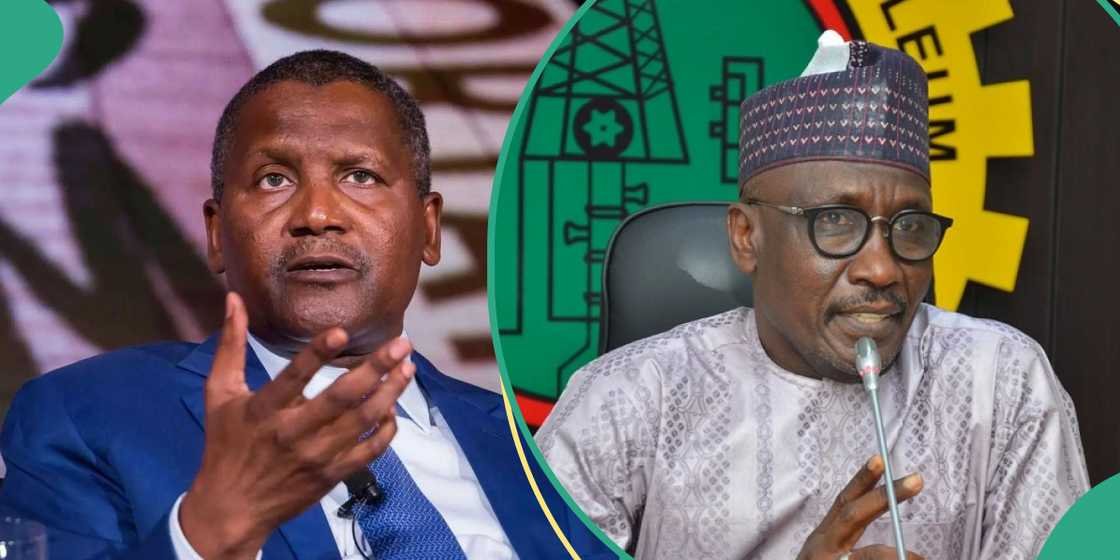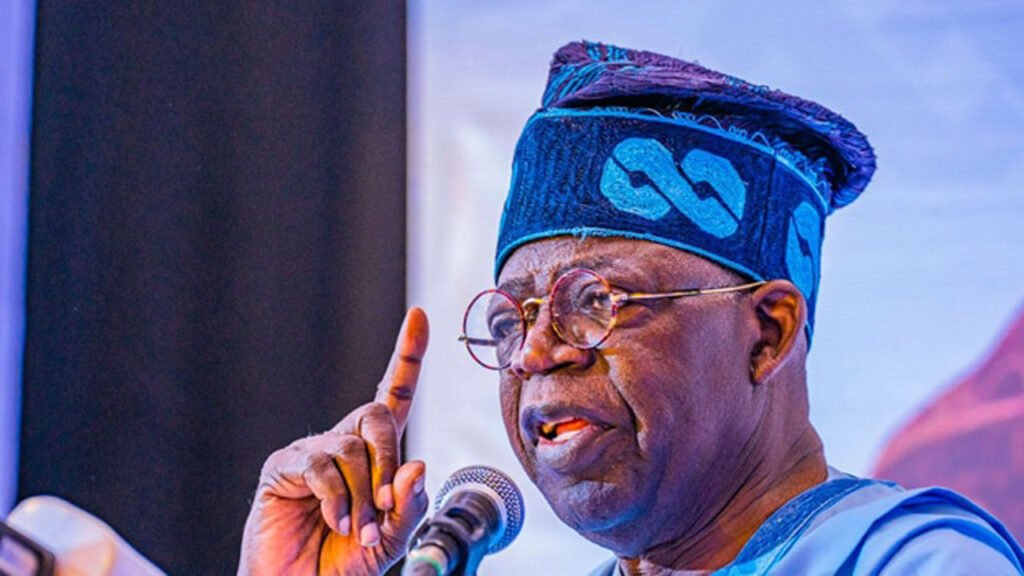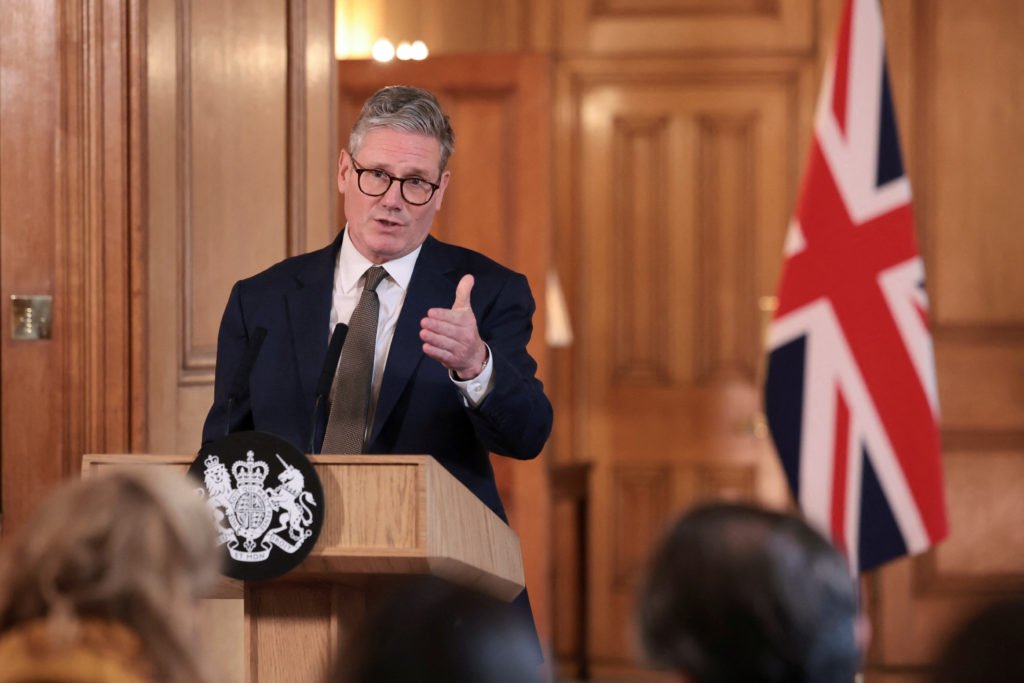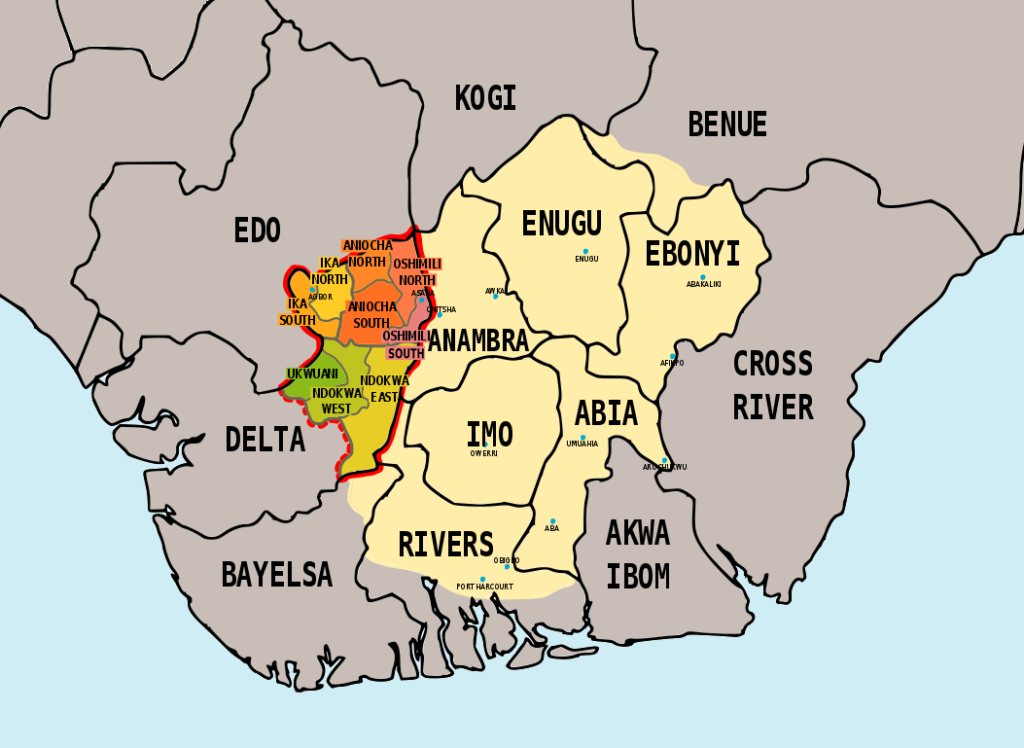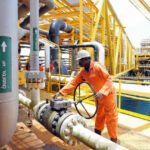Petroleum plays a crucial role in the global economy, serving as a primary energy source that powers transportation, industry, and electricity generation. It is integral to the production of numerous everyday products, including plastics, fertilizers, and chemicals. As countries strive for energy security and economic growth, oil remains a key factor in international relations, influencing geopolitics and trade dynamics. The fluctuations in oil prices can have widespread implications, affecting inflation rates, government revenues, and overall economic stability in both producing and consuming nations.
In Nigeria, petroleum is even more central to the national economy, accounting for a significant portion of government revenue and export earnings. The country is one of Africa’s largest oil producers, and the industry has attracted substantial foreign investment. However, the reliance on oil has also created vulnerabilities, including economic instability due to price volatility and environmental challenges resulting from extraction practices. Additionally, the wealth generated from petroleum has not been evenly distributed, leading to social unrest and calls for better governance and accountability in managing these resources. It seems that petroleum has become a bane rather than blessing with incessant increases in price. The effect could better be imagined.
Indeed, according to a report in AutoGirl, an automobile web portal, for decades, Nigerians have observed the fluctuating journey of fuel prices, spanning from a humble 6 kobo in 1973 to a staggering 617 naira per liter in 2023 and to even a more staggering N1030 per litre in 2024.
“This historical narrative unveils the intricate dance of economic policies, global market forces, and political decisions, delving into the profound impact these fluctuations have had on the nation’s transportation, which includes public transportation and private transportation like car rental costs,” AutoGirl reports.
The following table delineates the price hike eras and reasons, tenable or not, for the decisions leaders had to make in each era.
According to AutoGirl, 1973-1999 are considered as the formative Years, which years saw relatively modest increases. Treated seriatim, they are as follows:
Gowon (1973): 6k to 8.45k (40.83%)
Murtala (1976): 8.45k to 9k (6.5%)
Obasanjo (1978): 9k to 15.3k (70%)
Shagari (1982): 15.3k to 20k (30.72%)
Babangida I (1986): 20k to 39.5k (97.5%)
Babangida II (1988): 39.5k to 42k (6.33%)
Babangida III (1989): 42k to 60k (42.86%)
Babangida IV (1991): 60k to 70k (16.67%)
1993-2003
Shonekan (1993): 70k to N5 (614.29%)
Abacha I (1993): N5 to N3.25k (price dropped 35%)
Abacha II (1994): N3.25k to N15 (361.54%)
Abacha III (1994): N15 to N11 (price dropped 26.67%)
Abubakar I (1998): N11 to N25 (127.27%)
Abubakar II (1999): N25 to N20 (price dropped 25%)
2000-2007
Obasanjo I (2000): N20 to N30 (50%)
Obasanjo II (2000): N30 to N22 (price drops 26.67%)
Obasanjo III (2002): N22 to N26 (18.18%)
Obasanjo IV (2003): N26 to N42 (61.54%)
Obasanjo V (2004): N42 to N50 (19.05%)
Obasanjo VI (2004): N50 to N65 (30%)
Obasanjo VII (2007): N65 to N75 (15.39%)
2007-2015
Yar’ Adua (2007): Back to N65 (price drops 15.39%) (Kudos to the only president that made sure fuel prices reduced)
Jonathan I (2012): N65 to N141 (116.92%)
Jonathan II (2012): N141 to N97 (price drops 31.21%)
Jonathan III (2015): N97 to N87 (price drops 10.31%)
2015-2023
Buhari (2016): N87 to N145 (66.67%)
Buhari’s term (2015-2023): N87 to N195 per litre (124% increase)
2023
Tinubu (2023): N195 to N557
Tinub (2023): N557 to N617
1973-1999
Gowon (1973-1976): Post-oil crisis and global demand fluctuations led to incremental hikes, impacting transportation costs. Fuel prices rose from 6 kobo to 9 kobo.
Obasanjo (1978-1982): Economic challenges prompted a substantial hike from 9 kobo to 20 kobo, affecting transportation expenses. Shagari’s era saw continued shifts due to global oil market dynamics, influencing transport costs.
Babangida I & II (1986-1991): Economic reforms to align with global trends resulted in a 97.5% increase, affecting transportation affordability.
Shonekan & Abacha (1993-1999): The ’90s witnessed subsidy introductions, abrupt changes, and price drops, impacting the transport sector. Shonekan’s economic instability led to a staggering 614.29% increase and he spent only 82 (days) in power while Abacha’s tenure brought fluctuations, including a promising drop in 1993, and a big increase later in that year which finally ended with a short drop in 1994.
2000-2007
Obasanjo I (2000): Subsidies were introduced with a 50% increase, impacting transportation costs positively. However, the subsequent removal of subsidies in 2003 resulted in fare hikes to cover increased operational expenses.
Obasanjo IV (2003): Subsidy removal resulted in a sharp 61.54% increase, directly affecting transportation expenses.
Obasanjo VI (2004): Subsidy reinstatement eased the burden, but the 30% hike reflected the complex balance between domestic needs and global economic shifts, impacting transportation costs.
2007-2015
Yar’Adua (2007): A commendable 15.39% decrease showcased efforts to stabilize prices, including positive implications for transportation costs. Yar’adua is notably the only president who didn’t increase fuel prices during his administration.
Jonathan I (2012): Economic pressures and subsidy removal led to a dramatic 116.92% increase, triggering the Occupy Nigeria protests, and significantly impacting transportation costs.
Jonathan II (2012-2015): Subsidy reinstatement and political considerations resulted in fluctuations, with a 10.31% price drop by 2015, providing relief to transportation costs.
2015-2023
Buhari (2016): The 66.67% increase marked a response to global oil market dynamics, influencing transportation expenses.
Buhari’s term (2015-2023): Subsequent years witnessed a 124% increase, impacting the transportation sector as economic challenges persisted.
2023
Tinubu (May 2023): Immediate removal of subsidies resulted in a surge from N195 to N540 per liter in June and an unprecedented N617 per liter by July, significantly impacting transportation costs. Cost to fill a car tank (July 2023): Approximately N120,000.
In Lagos Nigeria for example, a motorist shared his experience. A full tank of Lexus 460 jeep, cost a staggering ₦100,000, nearly eclipsing the nation’s minimum wage of ₦70,000. This glaring disparity highlights a troubling truth: while fuel prices in Nigeria may seem manageable by global standards, the reality for everyday workers is worrisome and excruciating.
At ₦1,140 per litre, the financial burden is palpable. A minimum wage earner in Nigeria, toiling 8 hours a day for 20 days a month, earns approximately ₦437.5 per hour. It takes that worker an exhausting 2.6 hours of labor just to afford a single litre of petrol. In a nation where transportation is often essential for daily survival, this situation raises pressing questions about economic viability.
A broader comparison
To understand the implications of Nigeria’s fuel prices, it’s instructive to look at other countries. In Egypt, where fuel costs ₦443 per litre, the monthly minimum wage is ₦202,400, translating to ₦1,265 per hour. Here, it takes only 21 minutes of work to purchase a litre. South Africa presents an even more stark contrast: fuel prices soar to ₦2,480 per litre, but the minimum wage is ₦395,824, or ₦2,320 per hour. For South Africans, buying a litre of fuel requires just over an hour of work.
In light of these comparisons, Nigeria’s figures appear increasingly grim. The 2.6 hours needed for a minimum wage worker to afford a litre of petrol starkly contrasts with the significantly shorter times in Egypt and South Africa. This situation raises critical questions about income distribution and the broader economic landscape in Nigeria.
The disconnect between prices and wages
The narrative surrounding fuel prices often focuses on global markets and supply chains. However, the real story lies in the disconnect between these prices and the incomes of average Nigerians. While the government may argue that fuel prices are lower than in many countries, the burden on low-income earners is unsustainable. This has become a cycle of hardship, where the cost of living consistently outstrips wages, making it increasingly difficult for families to make ends meet.
For young graduates entering the workforce, the situation isn’t much better. With a starting salary of around ₦150,000, they still find themselves dedicating 1.2 hours of work to purchase a litre of fuel. This financial strain extends beyond just fuel; it permeates every aspect of life, affecting food security, education, and overall quality of life.
Rethinking Economic Strategies
The data presents a compelling case: fuel prices in Nigeria may not be exorbitantly high on a global scale, but the low-income levels paint a grim picture. The pressing need for economic reform is evident. As Nigeria continues to grapple with its economic challenges, a critical reassessment of growth strategies and income distribution is imperative.
It’s time for policymakers to engage in meaningful dialogue about creating sustainable economic conditions. A comprehensive approach that includes improving wage structures, enhancing productivity, and fostering an environment where citizens can thrive is essential for breaking the cycle of poverty that has gripped so many.
It is imperative to notice that the issue transcends mere numbers; it’s about the lived experiences of millions of Nigerians striving for a better future. The clock is ticking, and the need for change has never been more urgent. But will those in the corridor of power saddled with the responsibility of doing the needful react?
While oil is crucial for Nigeria’s revenue and exports, the dependence on this volatile resource has led to economic instability and social unrest, exacerbated by uneven wealth distribution. The need for economic reform and improved income distribution is critical to alleviate the hardships faced by many Nigerians and create sustainable living conditions. The urgency for policymakers to address these issues is underscored, as millions strive for a better future amidst growing challenges.
